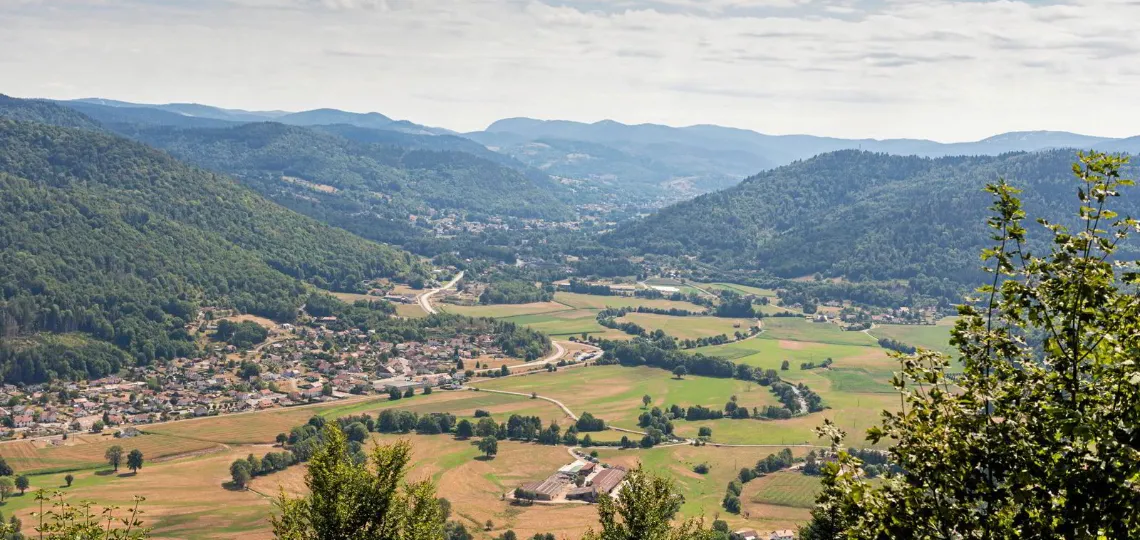France's Natural Hydrogen Reserves: A Game-Changer for Energy and Economy
Key Ideas
- France's detection of significant natural hydrogen reserves in Lorraine, Pyrenees, and Aquitaine presents a major strategic opportunity for energy sovereignty.
- Massive hydrogen reserves in Lorraine alone could account for half of the global annual hydrogen production, positioning France as a key player in the energy sector.
- European countries like Spain, Italy, and Germany are also exploring natural hydrogen, aligning with the European Commission's REPowerEU plan for energy diversification.
- While natural hydrogen extraction costs are competitive, technical challenges and environmental implications require careful management for long-term success.
In June 2025, the French government confirmed the presence of significant natural hydrogen reserves in regions like Lorraine, Pyrenees, and Aquitaine, marking a potential turning point for national and European energy independence. The identification of vast hydrogen potential in Lorraine, supported by estimates from the French Institute of Petroleum and New Energies, could revolutionize energy dynamics, with the region alone holding around 46 million tons of natural hydrogen. Other regions in France, such as Aquitaine and Pyrenees, are also showing promise in terms of hydrogen reserves. This discovery aligns with the European Commission's efforts to diversify energy sources and reduce reliance on fossil fuels. Financial and industrial interest in natural hydrogen is growing, with potential for it to contribute significantly to France's energy consumption. However, despite the economic viability of natural hydrogen in comparison to green and grey hydrogen, challenges like technical complexities and environmental risks need to be addressed. The extraction, storage, and transportation of natural hydrogen require substantial investments and specialized infrastructure. The environmental impact, including concerns about groundwater quality and social acceptability, needs thorough evaluation and transparent communication to ensure long-term success. France's regulatory framework mandates stringent environmental impact assessments and public consultations for natural hydrogen projects. The article concludes that France stands at the brink of a revolutionary opportunity with natural hydrogen, emphasizing the need for strategic planning to leverage this newfound resource effectively.
Topics
Production
Environmental Impact
Energy Transition
Geopolitics
Economic Viability
Regulatory Framework
European Commission
Latest News
